Taller
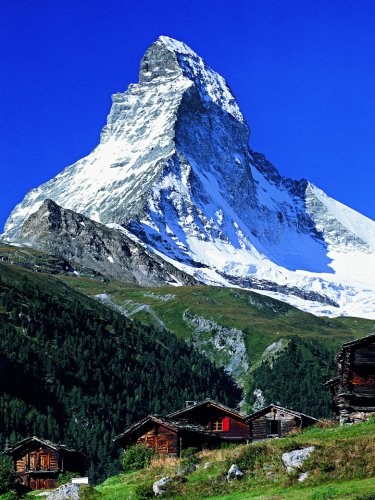
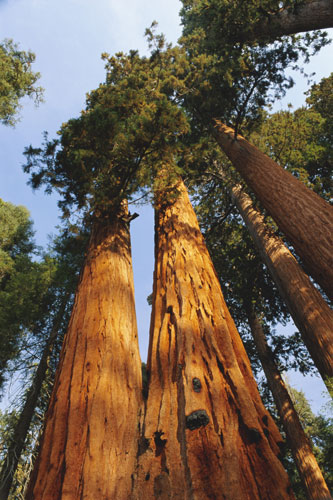

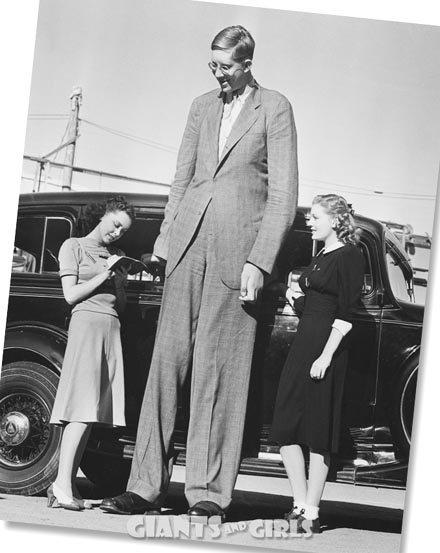
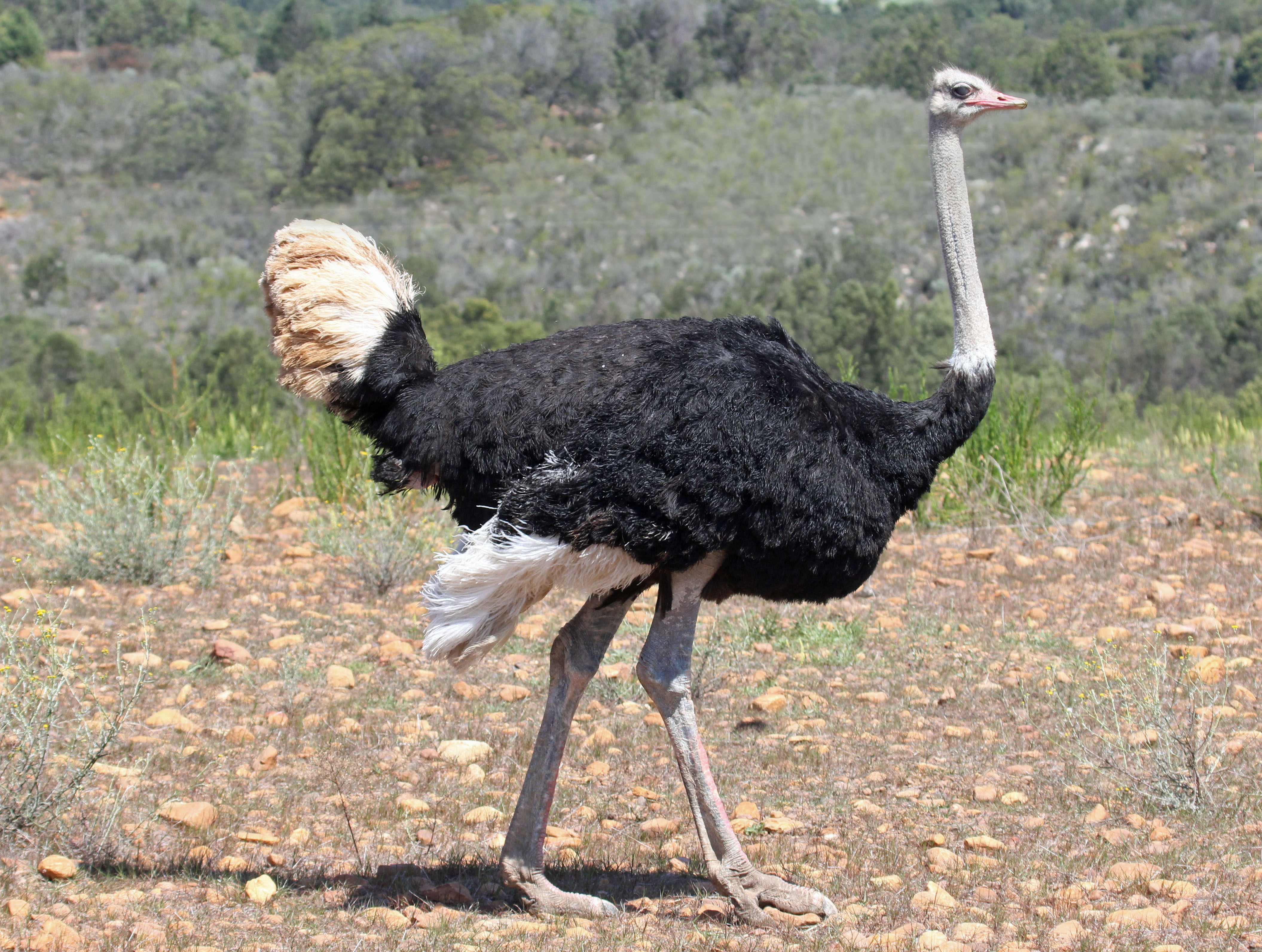
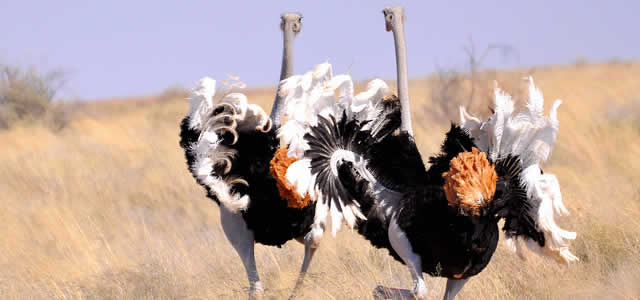
Taller
“Before Christ left heaven and came into the world to die, He was taller than any of the angels. He was majestic and lovely. But when His ministry commenced, He was but little taller than the common size of men then living upon the earth. Had He come among men with His noble, heavenly form, His outward appearance would have attracted the minds of the people to Himself, and He would have been received without the exercise of faith. . . .
The faith of men in Christ as the Messiah was not to rest on the evidences of sight, and they believe on Him because of His personal attractions, but because of the excellence of character found in Him, which never had been found, neither could be, in another.”
(2SP 39). 7BC 904
“Ethiopia lay immediately south of Egypt, but with no definite limits. Abyssinia and the Sudan are the modern names of portions of it. Herodotus says of it: "Where the south declines toward the setting sun, lies the country called Ethiopia, the last inhabited land in that direction. There gold is obtained in great plenty, huge elephants abound, with wild trees of all sorts, and ebony; and the men are taller, handsomer, and longer-lived than anywhere else." 3 And in another place he says of them, "The Ethiopians . . . are said to be the tallest and handsomest men in the whole world." 4 This agrees with Isaiah 45:14: "The labor of Egypt, and merchandise of Ethiopia and of the Sabeans, men of stature, shall come over unto thee, and they shall be thine."
1904 ATJ, EB 24
“Therefore "God said, Let Us make man in Our image, after Our likeness; and let them have dominion [or become king] over, the fish of the sea, and the fowl of the air, and over the cattle, and over all the earth, and over every creeping thing that creepeth upon the earth." Genesis 1:26. "And the Lord God formed man of the dust of the ground, and breathed into his nostrils the breath of life;" and man lived. And that is the reason that we live, for when God first created that first man He made it possible for us to live; and He gives us our breath and strength every day. He is therefore our Father and Creator as well as his, and we read in the Bible, "It is He [God] that hath made us, and not we ourselves." Ps. 100:3.
On the sixth day, when God first created man, he, like all the other things that God had made, was good. He was taller, stronger, more beautiful, and better in every way, than men now are. The glow of perfect health was on his cheek, and the joys of perfect life in his heart. We shall learn in another lesson how it is man's own fault that the earth now is full of sickness and sorrow, wickedness and death.
Man was the noblest and the best of all the creatures that God had made. Even now, although so cursed by sin, we see many things for which to thank and praise God. The more you study about the wonderful thinking machine and telegraph office in your head, about the little chords, called nerves, running to all parts of your body like telegraph wires; the more you learn about the music box in your throat, the mill for grinding in your mouth, and the pump that forces blood through all your body; the more you stop to think that God made these wonderfully jointed bones, that perfectly fitting skin and useful tongue, those well protected eyes and ears, and those helpful hands and nimble feet; the more you notice and think about these things the more you will feel like saying, "I will praise Thee; for I am fearfully and wonderfully made." Ps. 139:14.
Do not think that you must wait till you are grown to love and praise God for all His goodness. It may be too late then; do it now! Think about Him and His works every day, and love and try to please Him. This is what He says to you in Ecclesiastes 12:1: "Remember now thy Creator in the days of thy youth."
January 25, 1894 EJW, PTUK 61
"The Ostrich"
Although the eagle is "the king of birds," and is able to fly the highest of all the feathered tribe, it is not the largest. The largest of all birds is the ostrich, which you can see in the picture. It has a long neck and when it holds up its head, it is seven or eight feet high, taller than a tall man. When God was telling Job about some of His wonderful works, He spoke about the ostrich. Let us see what we can learn of it from what He who made it said about it.
"Gavest thou wings and feathers unto the ostrich? Which leaveth her eggs on the earth, and warmeth them in the dust, and forgetteth that the foot may crush them, or that the wild beast may break them. She is hardened against her young ones as though they were not hers; her labor is in vain without fear; because God hath deprived her of wisdom, neither hath He imparted to her understanding. What time she lifteth up herself on high, she scorneth the horse and his rider."
First we will speak about the "wings and feathers" which God has given to the ostrich. The wings are very small for the size of the bird, too small for so large and heavy a bird to fly with. But when it is running it lifts its wings, and flutters them over its back, and they act like a sail to catch the wind and carry the bird onward. When it runs at full speed, it cannot be overtaken by the swiftest horse, but "scorneth the horse and his rider."
You have all seen the beautiful soft feathers, which are so much used for trimming hats and bonnets for ladies and little girls, and the helmets of some soldiers. These are the tail feathers of the ostrich, and are thought so highly of that people pay a large price for them.
The bird is so much hunted to get these valuable feathers to be used for useless ornaments, that it is disappearing from the earth through the pride and cruelty of those whom God meant to be its protectors. For we have learned that in the beginning God gave into man's care and keeping all the living creatures on the earth. If you think of this whenever you see these beautiful plumes, which have usually been torn from the living ostrich, I am sure you will not take any pleasure in seeing them used as an ornament by others, nor ever want to wear them yourself. There is one thing in which the ostrich is just the opposite of the eagle. We read last week from God's Word some beautiful passages, which show the tender care of the eagle for her young ones. But the ostrich "leaveth her eggs on the earth," and "is hardened against her young ones."
God has not given to her the same wisdom and understanding to hatch her eggs, and to care for her young ones, that He has given to the eagle, for in the case of the ostrich it is not necessary. She lives in the hot desert regions of Africa, and lays her eggs in the warm sand, where they are hatched without her help by the heat of the sun. When they are hatched she has no special care for the young ones.
The prophet Jeremiah speaks in his Lamentations about some people who were so forgetful of their little ones that "the tongue of the sucking child cleaveth to the roof of his mouth for thirst; the young children ask bread, and no man breaketh it unto them." Of such people he says that they have "become cruel like the ostriches in the wilderness."
But although the ostrich is "hardened against her young ones as though they were not hers," they are not left to perish. He who "knows all the fowls of the mountains," and thinks of and feeds the little sparrows, does not forget them. He hatches the eggs by the heat of the sun, and cares for and feeds the young birds, so that they grow up and become large and strong like their parents.
What a sweet lesson of trust in God, our Creator, He is teaching us in all this! He says, "Can a woman forget her sucking child?" "Yea, they may forget; yet will not I forget thee." So like David we can say, "When my father and mother forsake me, then the Lord will take me up."
December 1, 1898 EJW, PTUK 763